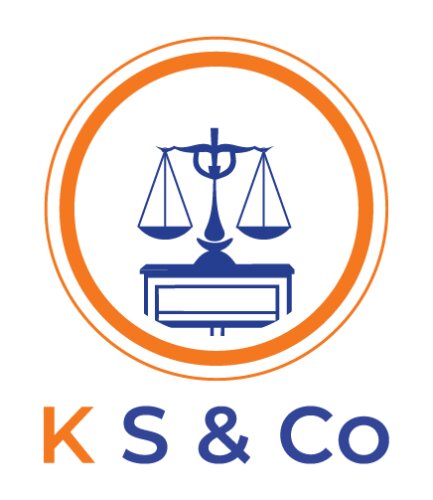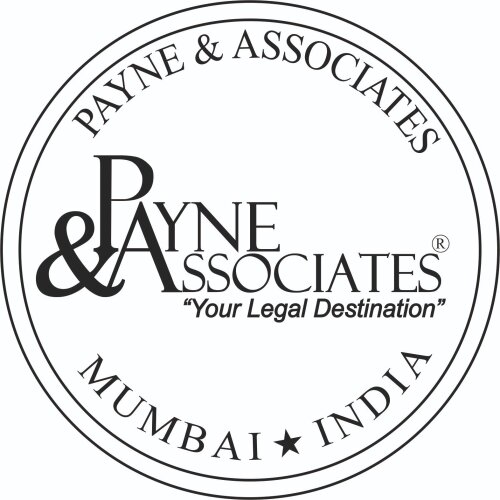Best Cyber Law, Data Privacy and Data Protection Lawyers in Mumbai
Share your needs with us, get contacted by law firms.
Free. Takes 2 min.
List of the best lawyers in Mumbai, India
About Cyber Law, Data Privacy and Data Protection Law in Mumbai, India:
Cyber law in India, including the bustling financial hub of Mumbai, encompasses a broad spectrum of legal issues connected to the use of the Internet and technological devices. Two laws that primarily govern this field are The Information Technology Act, 2000 (As Amended up to date), and the proposed Personal Data Protection Bill, 2019. These laws cover cybercrimes, data privacy, and data protection, focusing on issues like unauthorized access and data theft, privacy breaches, and mechanisms to protect personal and sensitive data.
Why You May Need a Lawyer:
Legal help in the field of Cyber Law, Data Privacy, and Data Protection may be required for a range of situations. Businesses often need advice to ensure compliance with the data protection rules while handling customer or employee data. Individuals might require legal help if their privacy has been breached, or if they fall a victim to cybercrimes like identity theft, phishing, or online defamation.
Local Laws Overview:
The Information Technology Act, 2000 has provisions dealing with cybercrimes such as hacking, spreading viruses, voyeurism, and identity theft. The Act also has a 'Reasonable Security Practices’ clause which outlines the expected measures entities must employ to protect sensitive data. The proposed Personal Data Protection Bill, 2019, which is yet to become law, introduces concepts like 'Explicit Consent' and 'Data Principal Rights', advocating for stronger protections and stringent rules for data processing activities.
Frequently Asked Questions:
1. What is a cybercrime?
Any unlawful act where a computer or communication device or computer network is used to commit or facilitate the commission of crime is termed as cybercrime. This includes identity thefts, phishing, hacking, and online harassment among other things.
2. Can businesses be held liable for data breaches?
Yes, under Section 43A of the IT Act, businesses dealing with sensitive personal data can be held liable for compensation if they fail to implement reasonable security practices and consequently cause wrongful loss or wrongful gain to any person.
3. What are my rights as a victim of cybercrime?
Victims of cybercrime have the right to report the crime to their local cyber cell. They can also seek compensation under the IT Act and other relevant laws of India.
4. When is the proposed Personal Data Protection Bill likely to become law?
The proposed Bill is currently under evaluation by a Joint Parliamentary Committee. While it is difficult to determine a precise timeline, it is expected to become law in due course.
5. What professional help is available to me in matters related to cyber law?
Numerous qualified lawyers specializing in cyber law can assist you in Mumbai. Online legal services, bar associations, and non-profit organizations might also be of assistance.
Additional Resources:
Governmental bodies like the Cyber Crime Cell of the Mumbai Police, The ministry of Electronics and Information Technology (MeitY) can be contacted for further assistance. Online resources such as legal service providers or forums can also be used for gaining a deeper understanding of these laws.
Next Steps:
If you need legal assistance, begin by identifying reputable law firms and attorneys specializing in Cyber Law, Data Privacy and Data Protection in Mumbai. Schedule a meeting, prepare your questions and documents, and ensure to communicate your situation clearly. Don't hesitate to ask for a clearer explanation if you don't understand any aspect of the law.
Lawzana helps you find the best lawyers and law firms in Mumbai through a curated and pre-screened list of qualified legal professionals. Our platform offers rankings and detailed profiles of attorneys and law firms, allowing you to compare based on practice areas, including Cyber Law, Data Privacy and Data Protection, experience, and client feedback.
Each profile includes a description of the firm's areas of practice, client reviews, team members and partners, year of establishment, spoken languages, office locations, contact information, social media presence, and any published articles or resources. Most firms on our platform speak English and are experienced in both local and international legal matters.
Get a quote from top-rated law firms in Mumbai, India — quickly, securely, and without unnecessary hassle.
Disclaimer:
The information provided on this page is for general informational purposes only and does not constitute legal advice. While we strive to ensure the accuracy and relevance of the content, legal information may change over time, and interpretations of the law can vary. You should always consult with a qualified legal professional for advice specific to your situation.
We disclaim all liability for actions taken or not taken based on the content of this page. If you believe any information is incorrect or outdated, please contact us, and we will review and update it where appropriate.
















